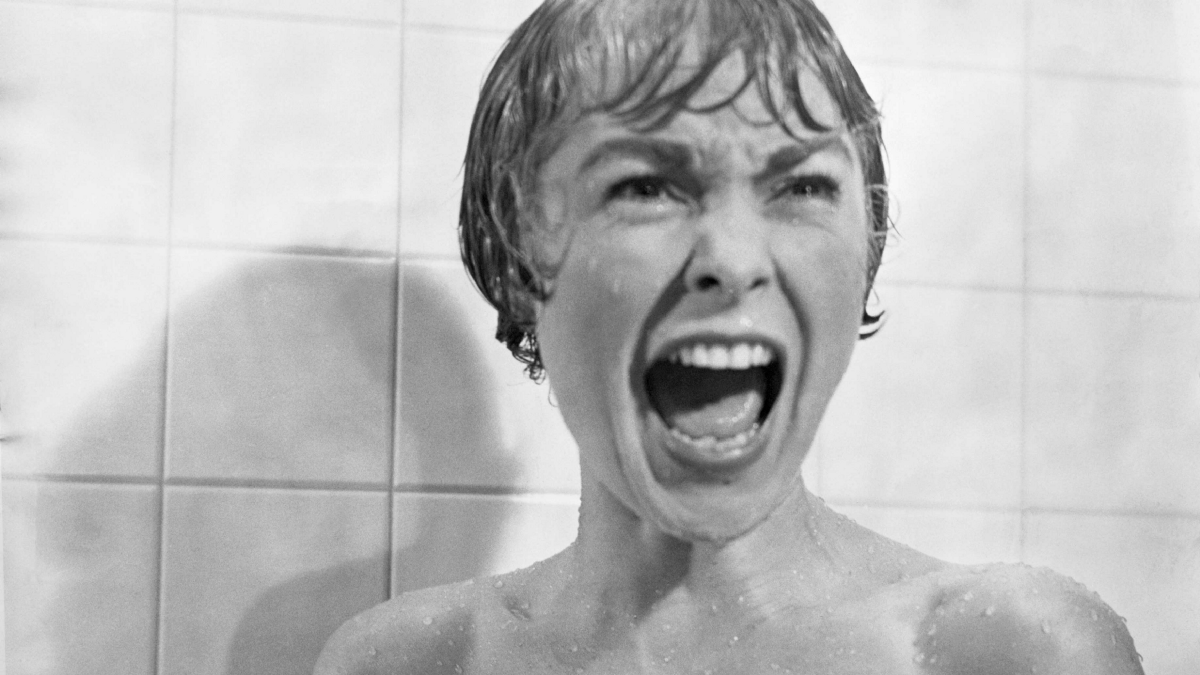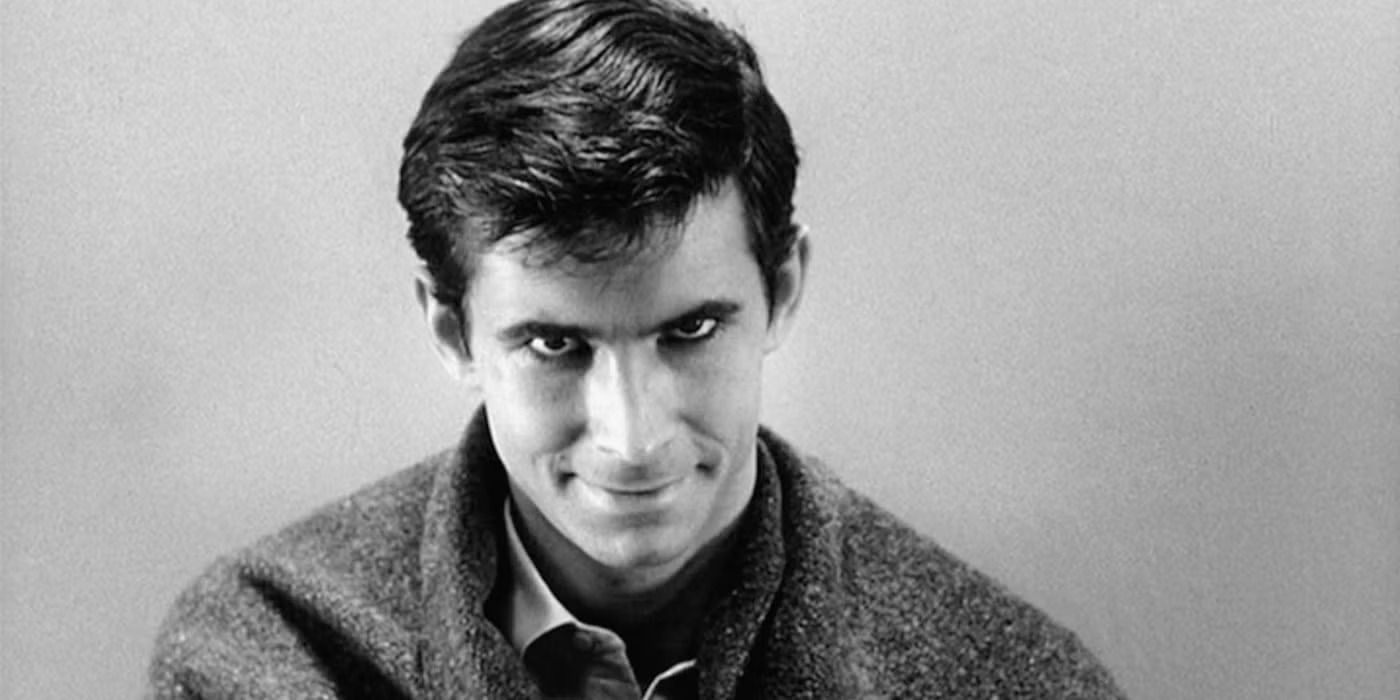The line, “These are crimes of passion – not profit,” spoken by the psychiatrist in the film’s final scene, captures the essence of Psycho. The story is not about financial gain, but about the psychological forces that drive extreme human behavior. Suppressed guilt, obsession, and fractured identity dominate the narrative, and the events at the Bates Motel demonstrate how deeply trauma and mental illness can shape actions. The murders are not premeditated for material gain, but the result of Norman Bates’ disturbed mind, emphasizing the complexity of his character.
Marion Crane, a secretary in Phoenix, embezzles $40,000 from her employer’s client with plans to escape her constrained life. On the way, she stops at the remote Bates Motel to seek shelter from a storm. There, she meets Norman Bates, a polite but socially awkward motel manager. Over dinner, their conversation leads Marion to reconsider her actions and resolve to return the stolen money. However, her plan is interrupted when she becomes a victim of a violent attack while taking a shower, setting the story on a dark and suspenseful path.
Norman Bates’ Dual Nature and the Growing Threat at Bates Motel
Norman Bates presents as a courteous and mild-mannered host, but he conceals a deeply unsettling secret. After the murder, he removes Marion’s body and belongings, including the cash, and disposes of them in a swamp. His meticulous approach suggests a premeditated familiarity with concealment, revealing that the killings are connected to his internal psychological struggles. This duality of Norman’s polite exterior and hidden danger creates tension and uncertainty about his true nature.

Marion’s disappearance prompts her company to hire a private investigator, Arbogast, who traces her to the Bates Motel. When he confronts Norman and requests to see his mother, he is turned away. Later, he, too, is killed in a manner similar to Marion’s. The escalating danger drives Marion’s sister, Lila, and her boyfriend, Sam, to investigate. Disguised as travelers, they search the motel and Norman’s home for clues, gradually uncovering evidence of past crimes and the eerie presence of Norman’s mother.
Norman Bates’ Fractured Mind and Psychological Horror
Lila eventually discovers the mummified corpse of Norman’s mother, revealing she has been dead for ten years. A psychiatrist explains that Norman suffers from dissociative identity disorder. After murdering his mother, he internalized her personality, alternating between himself and “Mother.” When “Mother” takes control, violent acts are committed, while Norman’s own personality attempts to cover up the crimes. This insight reframes the murders as a product of a fractured mind rather than inherent malice.
Norman’s actions are driven by the dominant persona of his mother, highlighting the profound effects of trauma and mental illness. Inspired by real-life murderer Ed Gein, Psycho explores the blurred line between psychological compulsion and criminality. The film’s tension arises from the interplay of Norman’s dual personalities and his attempts to navigate guilt and desire. Psycho remains a landmark study of fear, obsession, and the consequences of a mind divided against itself, offering a disturbing yet fascinating exploration of human psychology.



